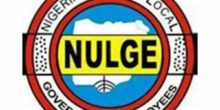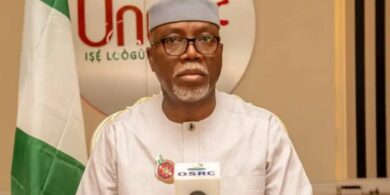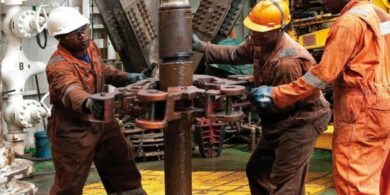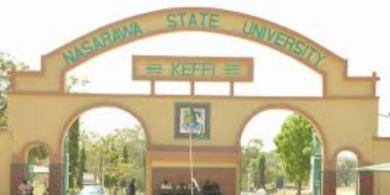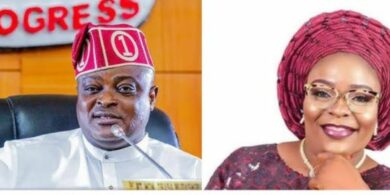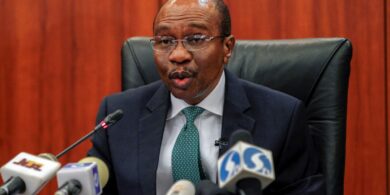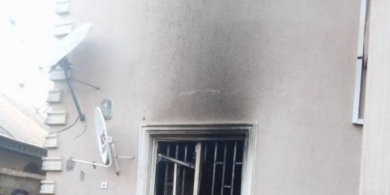Telecom Tariff Hike: NLC suspends protest as FG proposes review panel
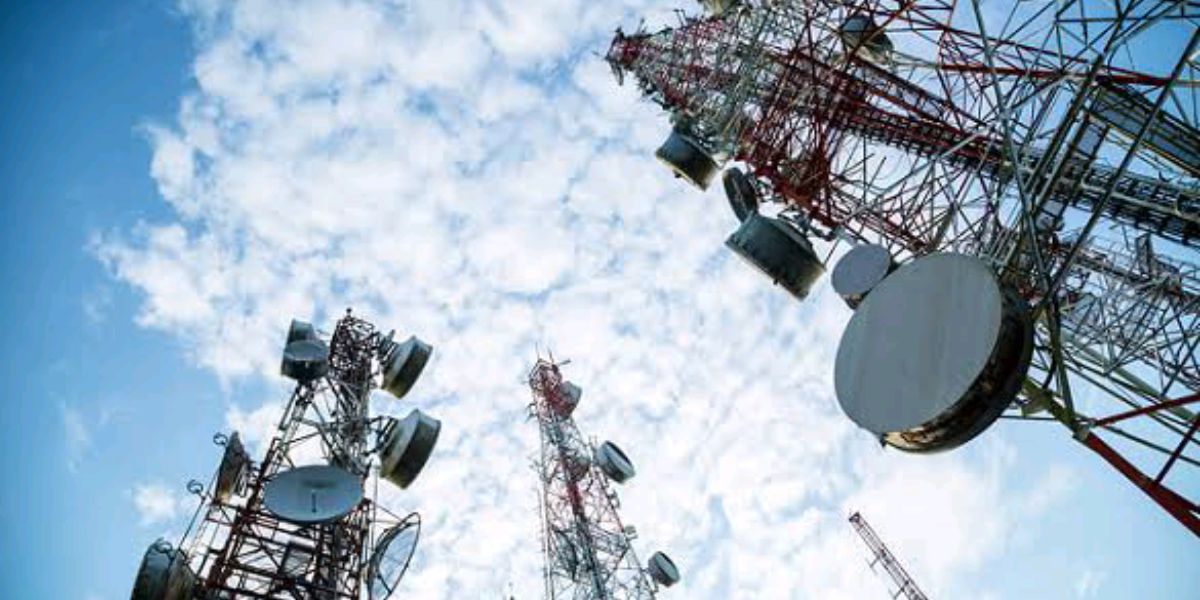
The Nigeria Labour Congress (NLC) has put its planned nationwide protest on hold after the Federal Government agreed to review the recent 50% increase in telecom tariffs.
The decision to suspend the demonstration, initially scheduled for Tuesday, followed a meeting between labour leaders and government officials at the Office of the Secretary to the Government of the Federation in Abuja on Monday.
The Nigerian Communications Commission (NCC) defended the tariff hike, citing rising operational costs due to inflation, foreign exchange fluctuations, and increased energy expenses. The regulator stated that the adjustment aligns with its mandate under the Nigerian Communications Act, 2003, to ensure the financial sustainability of the telecom sector.
However, the NLC strongly opposed the increase, deeming it excessive and burdensome for consumers. The union demanded a reduction to 5% and threatened nationwide protests if its demands were not met.
Following its National Administrative Council meeting, NLC President Joe Ajaero reiterated the union’s rejection of the tariff hike, condemning it as “insensitive, unjustifiable, and a direct attack on Nigerian workers and the general public already struggling under economic hardship.”
In response, the NLC called on Nigerians to prepare for a nationwide boycott of telecom services. Despite mounting pressure, telecom operators insisted that the tariff adjustment was essential to maintaining service quality and supporting network expansion.
The Chairman of the Association of Licensed Telecommunications Operators of Nigeria, Gbenga Adebayo, defended the increase, likening it to a “lifeline” necessary for the industry’s survival amid escalating costs. He emphasized that any further reduction could threaten the sustainability of telecom operations.
In preparation for the protest, the NLC mobilized electricity and aviation workers alongside civil society groups. However, after Monday’s meeting, the union resolved to halt the planned demonstration pending further discussions.
Addressing journalists after the meeting, Ajaero disclosed that the government had agreed to establish a joint committee to review the tariff structure. The committee, comprising five representatives from both sides, is expected to submit its findings within two weeks.
He stressed that the NLC must be included in the decision-making process, stating, “No stakeholder consultation can exclude us and still stand. The broader committee will work towards a fair and inclusive resolution.”
Ajaero also noted that the union’s next course of action, including possible protests, boycotts, or service withdrawals, would depend on the committee’s findings.
In addition to telecom tariffs, the NLC expressed concerns over rising electricity costs and excessive taxation, which it described as major economic burdens on workers.
Minister of Information and National Orientation, Mohammed Idris, confirmed that the NCC had based the tariff hike on a study. He added that the newly formed committee would reassess the study and make recommendations for the government and labour unions within two weeks.
Meanwhile, the National Civil Society Council of Nigeria (NCSCN), which initially supported the protest, also suspended its planned demonstration after a meeting with NCC officials. The council, representing over 600 organisations, had previously condemned the tariff increase and threatened mass protests.
However, following an extensive review of telecom providers’ operational costs and financial statements, the council reconsidered its position. A forensic analysis revealed that telecom operators had not raised tariffs since 2013 despite rising inflation and surging energy costs.
The council’s Executive Director, Blessing Akinlosotu, stated that a technical committee had been formed to conduct further investigations. “Our findings were eye-opening and warrant a reassessment of our stance,” he noted.
With discussions ongoing, all parties await the committee’s recommendations, which will determine the next steps in resolving the tariff dispute.

